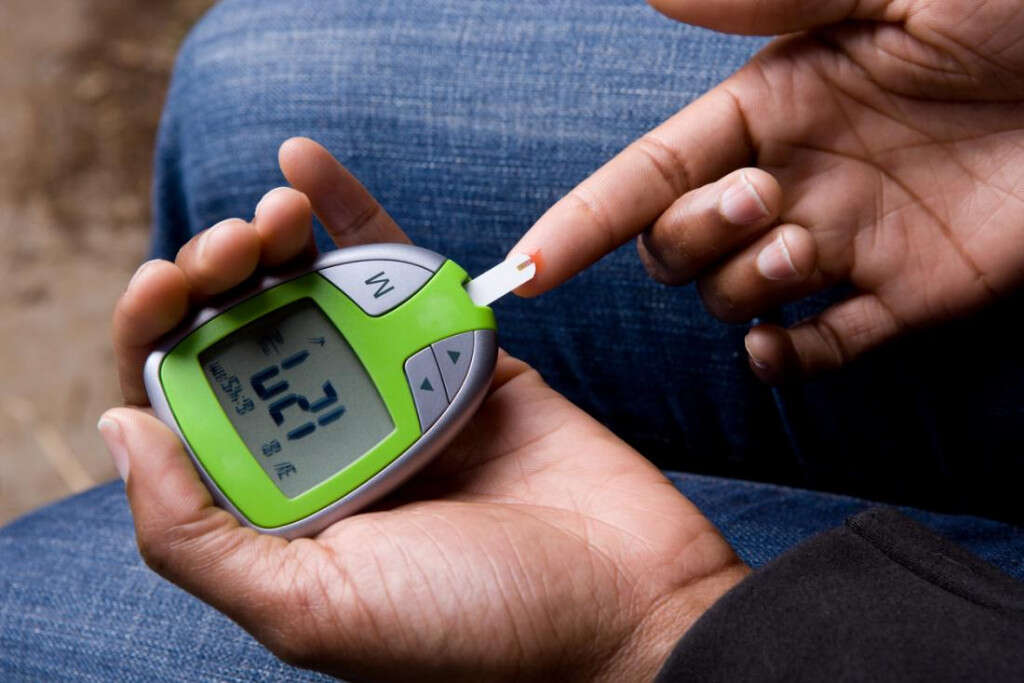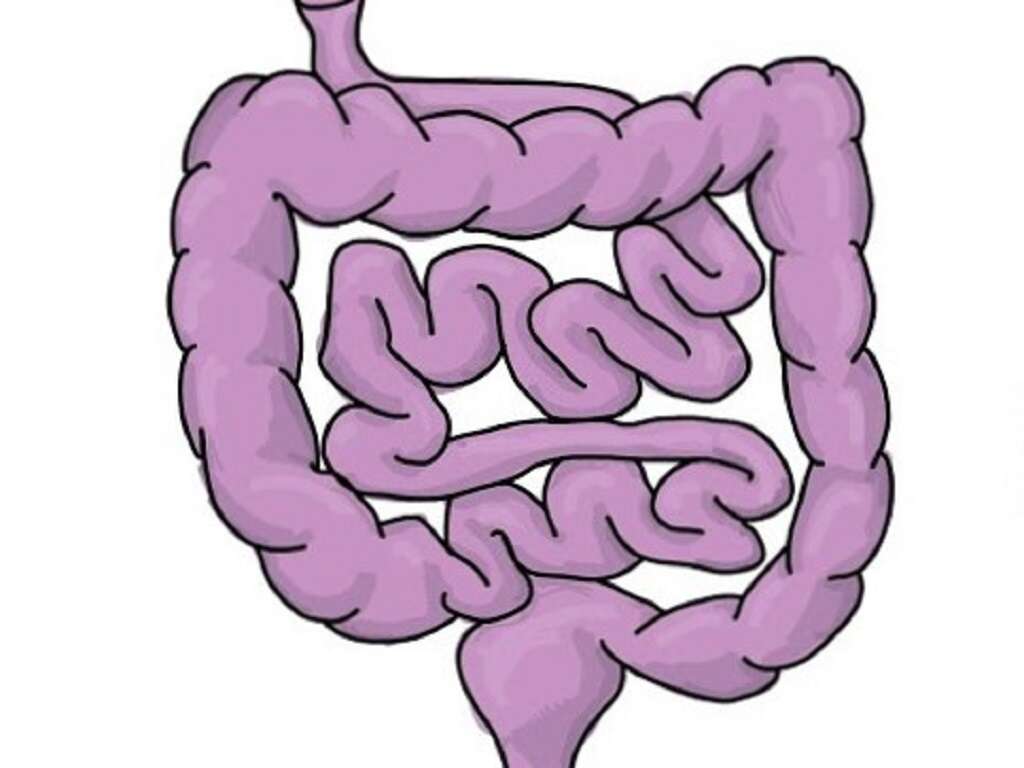10 Symptoms of Gastroparesis
Gastroparesis is a problem that negatively impacts the ability of the muscles in the stomach. In a healthy person, muscle movement in the stomach helps to propel food through the digestive tract for further digestion. Unfortunately, people with gastroparesis often have difficulty with their stomachs actually producing these important contractions. This can vastly reduce a person’s ability to digest food and can hinder their metabolism. It also creates problems related to the stomach’s inability to empty itself.
A number of things can contribute to the development of gastroparesis or slowed digestion and stomach movement. Things like opioid painkillers, antidepressants, other medications that slow down the function of the central nervous system, and problems related to blood pressure can all have an adverse impact on a person’s digestive motility. Gastroparesis can also arise as a complication from diabetes, and other people may develop the condition after having surgery on their stomach or digestive tract.
Gastroparesis can cause all sorts of problems ranging from nausea and vomiting to blood sugar issues. It’s also known to cause various forms of nutritional deficiency due to making the body unable to process the food that it consumes. If you’re worried about the possibility of having gastroparesis, then reading about its symptoms may help you determine your next course of action. If you are experiencing several of the following symptoms then it may be time to seek medical help.
Symptom #1: Vomiting
One of the most common symptoms associated with gastroparesis is vomiting. This can occur for a number of reasons, one of which is that the stomach is holding on to too much food.
Vomiting often occurs when the body needs to expel or reject something that does not serve it. In the case of people with gastroparesis, vomiting can occur because the body is rejecting food that has either been sitting for too long or it does not have the energy or ability to process it properly.
Symptom #2: Nausea
Nausea is a feeling that most of us are well aware of. It’s that queasy-sick feeling that occurs when we’re struggling with flu or motion sickness. The feeling of nausea usually settles in and can act as an indicator that we are about to vomit.
In the case of gastroparesis, nausea may be a fairly consistent problem. If food is unable to move through the stomach at a healthy rate, then it may sit and lead to feelings of nausea and digestive upset.

Symptom #3: Feeling Full Quickly
It’s not uncommon for people suffering from gastroparesis to feel full after only eating a few bites of a meal.
There are a number of reasons for this, one of which being that the stomach is holding on to food from previous meals because it cannot digest at a normal speed. This means that eating a few bites at the next meal would fill the patient up quite quickly.
Symptom #4: Bloating
Bloating is a sensation of being uncomfortably full. It usually affects different areas of the digestive tract like the stomach and the intestines, and is most commonly caused by issues like gas and indigestion. However, people with gastroparesis are also known for experiencing bloating on a regular basis.
In some cases, the bloating can be relieved by passing gas or belching. Unfortunately, if it is exclusively the result of food being stuck in the digestive tract, it can be more difficult to manage.

Symptom #5: Regurgitating Undigested Food
People with gastroparesis may notice that they find themselves regurgitating food that has not been digested. This means that if they vomit, they will be expelling bits of food from their last meal or, in more serious cases, from two or three meals prior.
This is one of the clearest indicators of gastroparesis because it shows that food is not being broken down, digested, or moved out of the stomach.
Symptom #6: Acid Reflux
Acid reflux is another problem that commonly afflicts people who are struggling with gastroparesis. Acid reflux is a term that’s used to describe when a person’s stomach acid comes into contact with their esophagus.
Typically, the stomach acid remains within the stomach where it can digest food. However, various digestive conditions can lead to this acid rising into the esophagus where it can cause pain and discomfort and make eating much more uncomfortable than usual.

Symptom #7: Abdominal Pain
Another thing that many people with gastroparesis report is abdominal pain. The pain can strike anywhere in the digestive region, ranging from the stomach in the upper abdomen to the intestines in the lower part.
The pain can be relatively mild or quite severe depending on the degree of severity of the digestive issue.
Symptom #8: Changes to Blood Sugar
Gastroparesis is known to cause changes to a person’s blood sugar levels. This is interesting because gastroparesis can actually be a complication of diabetes, a problem that is most well-known for the way that it affects a person’s blood sugar levels.
As blood sugar levels change, a number of symptoms can also ensue. These can include changes to balance, light-headedness, shifts in energy, and other issues. Blood sugar levels can fall if the sugars in the foods that you’re eating are not digested properly, such as is the case with people suffering from gastroparesis.

Symptom #9: Lack of Appetite
One of the most common issues that affects people struggling with gastroparesis is a lack of appetite. This occurs, quite simply, because there is already a lot of food present in the digestive tract.
It can be unappealing and uncomfortable trying to eat more food when what you have already eaten hasn’t made its way out of the digestive tract.
Symptom #10: Malnutrition
Because gastroparesis causes a lack of appetite, it’s quite common for people struggling with the problem to develop various forms of nutritional deficiency. It can be difficult for a person to actually consume the recommended amount of calories when their digestion is working so slowly that the food that they’re eating takes several days to pass through.
Furthermore, sometimes the food that moves through the digestive tract isn’t broken down or absorbed properly. This can make it impossible for someone to meet their daily calorie and nutrient requirements.











